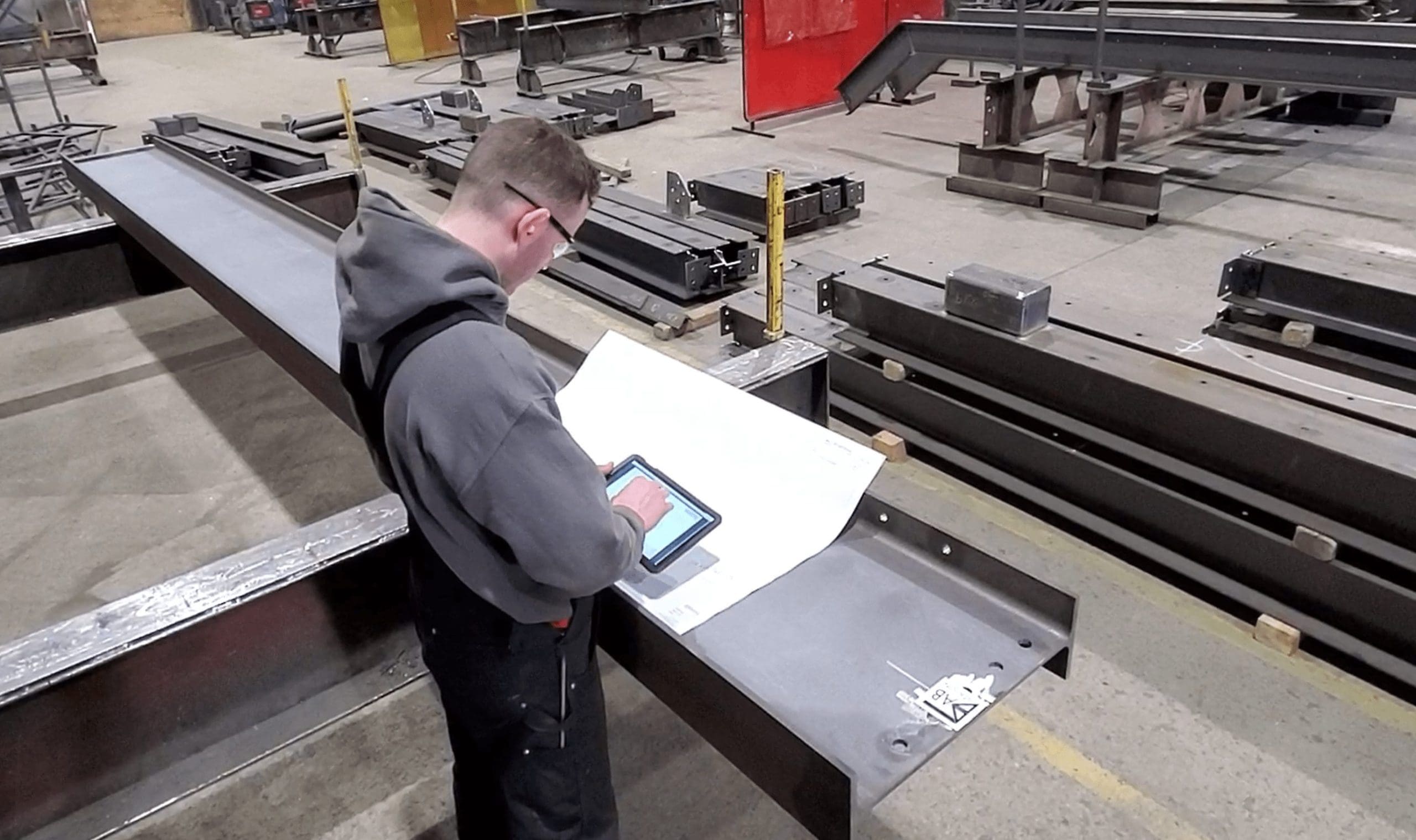
The Need for Accuracy in Compliance
In regulated industries, accuracy is not just a goal—it’s a necessity. Every report, checklist, and record must be correct to avoid legal complications and operational delays. Even small mistakes can lead to penalties, damaged reputations, and loss of trust. This is why organizations turn to compliance automation experts to ensure precision at every stage of their compliance process. Their combination of technical expertise and automation tools significantly reduces human error and strengthens regulatory adherence.
Eliminating Human Error with Automation
Manual compliance processes are prone to mistakes such as data entry errors, overlooked deadlines, and incomplete documentation. Compliance automation experts design systems that minimize these risks by introducing automated data collection, validation, and reporting. By replacing repetitive manual steps with smart technology, they ensure that every compliance task is executed consistently and without the inaccuracies common in traditional methods.
Real-Time Monitoring and Alerts
A key advantage of working with compliance automation experts is their ability to integrate real-time monitoring tools into business operations. These systems track compliance metrics continuously and issue alerts when anomalies or potential breaches are detected. This allows organizations to take corrective action immediately rather than discovering issues during an audit or inspection.
Standardized Processes for Consistency
Accuracy in compliance also depends on maintaining consistent processes across the organization. Compliance automation experts implement standardized workflows that align with regulatory requirements. From document formatting to approval chains, these standardized systems remove guesswork and ensure that compliance procedures are carried out in the same precise manner every time.
Data Integration and Accuracy Checks
Many compliance errors occur when data is scattered across different systems. Compliance automation experts solve this by integrating all relevant compliance data into a centralized platform. With automated cross-checking and validation, inconsistencies are flagged instantly, preventing inaccurate information from moving forward in the process.
Detailed Audit Trails for Verification
When accuracy is questioned, a well-documented audit trail can make all the difference. Compliance automation experts ensure that every compliance-related action is logged, time-stamped, and easily retrievable. These detailed records not only satisfy auditors but also provide internal teams with the evidence needed to verify compliance performance.
Proactive Adaptation to Regulation Changes
Regulatory accuracy isn’t static—laws and standards change frequently. Compliance automation experts keep accuracy high by continuously updating automation systems in line with the latest regulatory requirements. This ensures that organizations remain compliant without outdated processes introducing errors.
Enhanced Decision-Making with Accurate Data
When compliance data is accurate and up to date, decision-makers can act with confidence. Compliance automation experts deliver dashboards and reports that provide a clear, precise view of the organization’s compliance status. This enables leaders to identify gaps, allocate resources effectively, and strengthen compliance strategies.
Building Long-Term Accuracy Strategies
While technology plays a major role, accuracy also depends on culture and training. Compliance automation experts work with teams to instill best practices and maintain high standards over time. By combining automation with human oversight, they create a system that consistently delivers accurate, reliable compliance outcomes.
Final Thoughts
Accuracy is the foundation of effective compliance, and compliance automation experts are the specialists who make it possible. Through automation, standardization, and continuous monitoring, they help organizations achieve a level of precision that manual methods simply cannot match. In a world where regulations are complex and the stakes are high, their role is essential for businesses that aim to stay both compliant and competitive.





